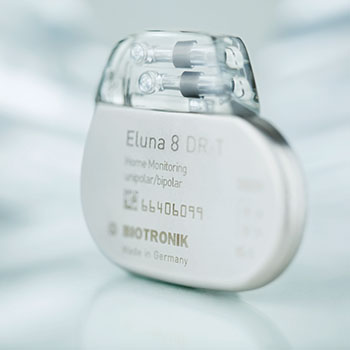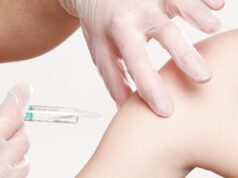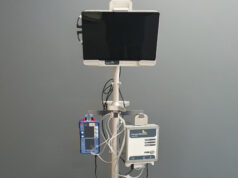
Biotronik has announced that its Eluna 8 pacemaker is now available in Japan. The pacemaker is approved for 1.5 tesla (T) full-body MRI scans, and ultra-high strength 3.0 T MRI scans with an exclusion zone.
The Eluna 8 pacemaker has been released in Japan by Biotronik. It is also approved for 1.5 tesla (T) full-body MRI scans, and ultra-high strength 3.0 T MRI scans with an exclusion zone.
This release comes shortly after the Japanese market release of the Iperia implantable cardioverter-defibrillator (ICD), which is the only ICD approved for 3 T MRI scanning in Japan.
Satoki Fuji from Kurashiki Central Hospital comments, “Recently MR conditional devices have become the gold standard for pacemaker implantations. Devices which are approved for both 3.0 T and 1.5 T scans will be expected not only by patients, but also preferred by radiologists and others who will be following the patient. 3 T scanning brings shorter scanning times, higher quality images and a variety of additional functionality. In terms of the overall patient benefit, implanting physicians should carefully consider these devices during implant selection.”
Hajime Nakamura, a brain surgeon at Osaka University Hospital adds, “For the cranial nerve area, a brain MRI scan is absolutely imperative. It is very effective for the detection of cerebral artery aneurysm, arteriolar sclerotic changes of cerebral vascular, and occurrences of micro brain infarction and brain haemorrhaging. A detailed image assessment for these lesions with 3 T MRI makes it possible to provide tailor-made medicine and reduce brain surgery complications. I hope more patients will receive these devices in order to have access to the most advanced cranial nerve and cerebral medical care available.”
The Eluna comes in both single- and dual-chamber. It is compatible with the Biotronik Home Monitoring system which has been shown to reduce hospitalisation for atrial arrhythmias and related stroke by 66% in the COMPAS trial. It also features a wandless radio frequency (RF) telemetry designed for efficient device programming and interrogation at implant, a physiologic rate adjustment available via Closed Loop Stimulation (CLS), and thoracic impedance (TI) diagnostics designed to provide vital information on heart failure progression.
He added, “By opening up full-body MRI scanning possibilities for device patients in Japan, and allowing 3T scanning with an exclusion zone, I am confident it will make a considerable difference in patients’ lives. We want to make sure that our device patients are not excluded if they should require this superior diagnostic tool.”












